The Importance of Eid in Different Cultures
The Importance of Eid in Different Cultures
Eid is a significant occasion celebrated by Muslims worldwide, marking the end of Ramadan, the holy month of fasting. It encompasses various traditions, rituals, and cultural significance that vary across different regions. This article explores the importance of Eid in different cultures and how it fosters a sense of unity, spirituality, and community.
Eid al-Fitr: A Celebration of Gratitude
Eid al-Fitr, meaning ‘Festival of Breaking the Fast’, is one of the two major Islamic holidays celebrated by Muslims. It signifies the conclusion of Ramadan, a month of fasting, prayer, reflection, and community. The importance of Eid al-Fitr lies in its essence of gratitude, charity, and the reaffirmation of spiritual growth.
During this festival, Muslims express their gratitude to Allah for the strength and patience shown during Ramadan. It is a day of joy, feasting, and community, where families gather to celebrate together, share meals, and exchange gifts.
Global Celebrations of Eid
Eid is celebrated differently across various cultures and countries, each bringing its unique customs and traditions to the occasion.
Middle Eastern Celebrations
In the Middle East, Eid festivities are characterized by communal prayers held in large mosques and open areas. People dress in their finest clothes, and children often receive ‘Eidiyah’, a form of monetary gift. Special dishes and sweets, such as maamoul, are prepared, and gatherings with family and friends are essential aspects of the celebrations.
South Asian Traditions
In South Asia, particularly in countries like Pakistan, India, and Bangladesh, Eid is marked by elaborate meals, festive attire, and joyous gatherings. The day typically starts with a special prayer known as ‘Salat al-Eid’ followed by community feasting. Traditional dishes like biryani, kebabs, and sweet treats like sheer khurma are commonly served. The emphasis on charity is paramount, as many people give Zakat (charity) to the less fortunate.
Turkish Eid Celebrations
In Turkey, Eid is known as ‘Ramazan Bayramı’ or ‘Festival of Ramadan’. It is a time for family reunions, and special meals are prepared. One unique tradition is the visit to the graves of loved ones, where prayers are offered. Turkish delight and other sweets play a significant role in festive celebrations.
Eid al-Adha: The Festival of Sacrifice
Eid al-Adha, known as the ‘Festival of Sacrifice’, commemorates the willingness of Prophet Ibrahim (Abraham) to sacrifice his son as an act of obedience to God. This celebration is marked by the act of Qurbani, or sacrifice, where an animal such as a sheep or goat is slaughtered, and the meat is distributed among the needy, family, and friends.
Significance in Different Cultures
The significance of Eid al-Adha varies across cultures, but the core message remains the same: reflecting on sacrifice, generosity, and community.
Middle Eastern Practices
In many Middle Eastern countries, the celebrations involve family gatherings where the meat from the sacrificed animal is shared in a feast. It is also common to donate a portion of the meat to the less fortunate, fostering a spirit of giving.
North African Traditions
In North Africa, particularly in countries like Morocco and Algeria, Eid al-Adha is celebrated with vibrant street festivals, traditional music, and communal prayers. Families often wear new clothes, and special dishes featuring lamb are prepared for the holiday.
Events Building Community
Regardless of cultural differences, Eid plays a crucial role in building community bonds. It provides an opportunity for people to come together, transcend differences, and create a sense of belonging.
Modern Interpretations and Unity
As the world becomes more interconnected, Eid celebrations have also evolved to reflect modern interpretations while maintaining deep cultural roots. Communities across the globe come together to celebrate, organize charity events, and promote inclusivity.
Social media has played a significant role in bridging cultural gaps during Eid, with hashtags like #EidMubarak trending globally, showcasing the diverse ways Eid is celebrated around the world.
Embracing Diversity
The rich tapestry of Eid traditions highlights the beauty of cultural diversity within the Islamic community. Different practices, from the types of food served to the manner of prayers, enrich the overall experience and facilitate cross-cultural appreciation.
Conclusion: A Universal Message of Love and Unity
In conclusion, Eid represents more than just a celebration; it embodies values of gratitude, charity, and community. The diversity in customs and practices across different cultures enhances the significance of this occasion, making Eid a universal message of love and unity amongst Muslims worldwide. As we celebrate Eid, we are reminded of our shared values and the strength of our communities, reinforcing bonds that transcend cultural boundaries.
Eid is a significant occasion celebrated by Muslims worldwide.
It encompasses various traditions, rituals, and cultural significance.

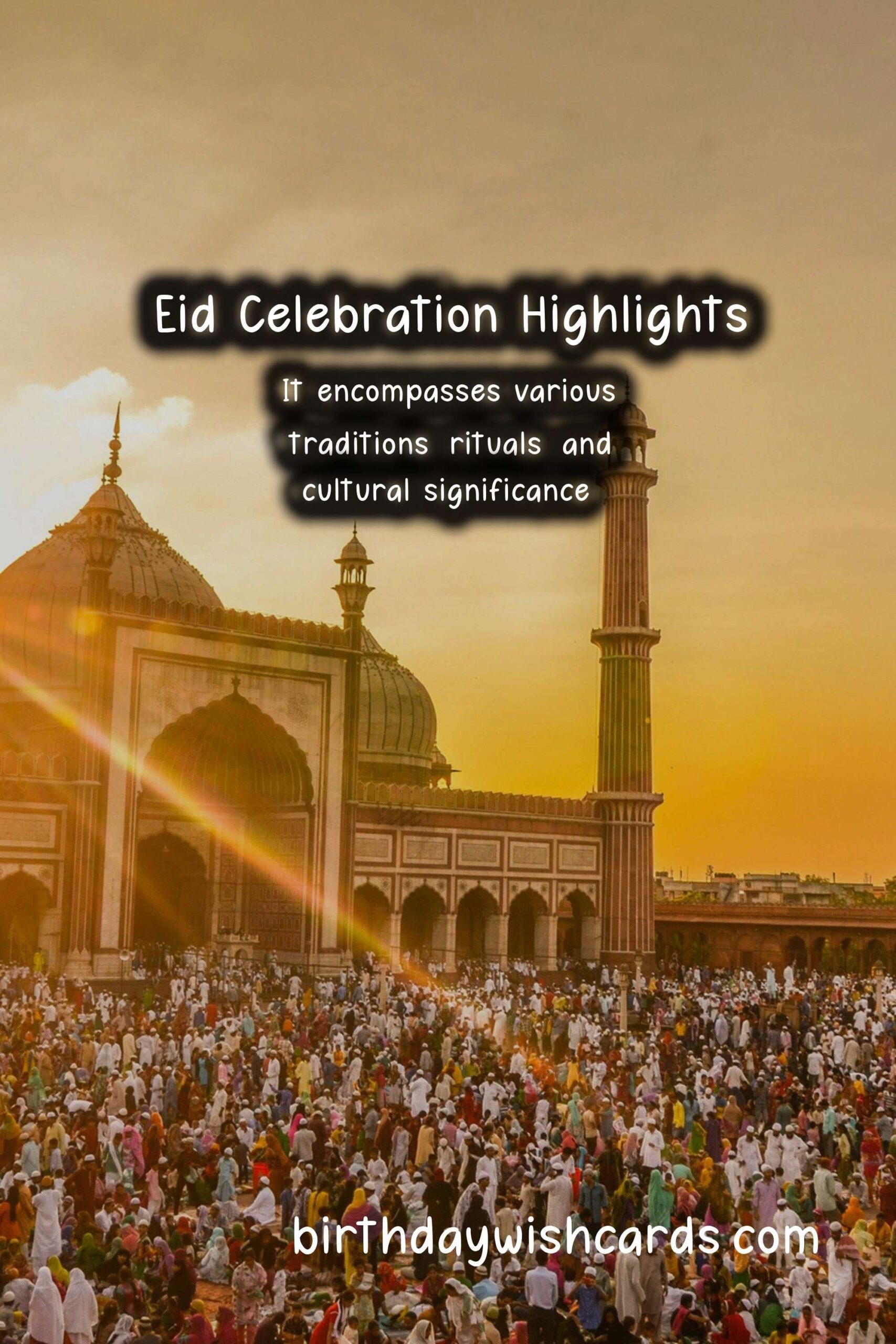
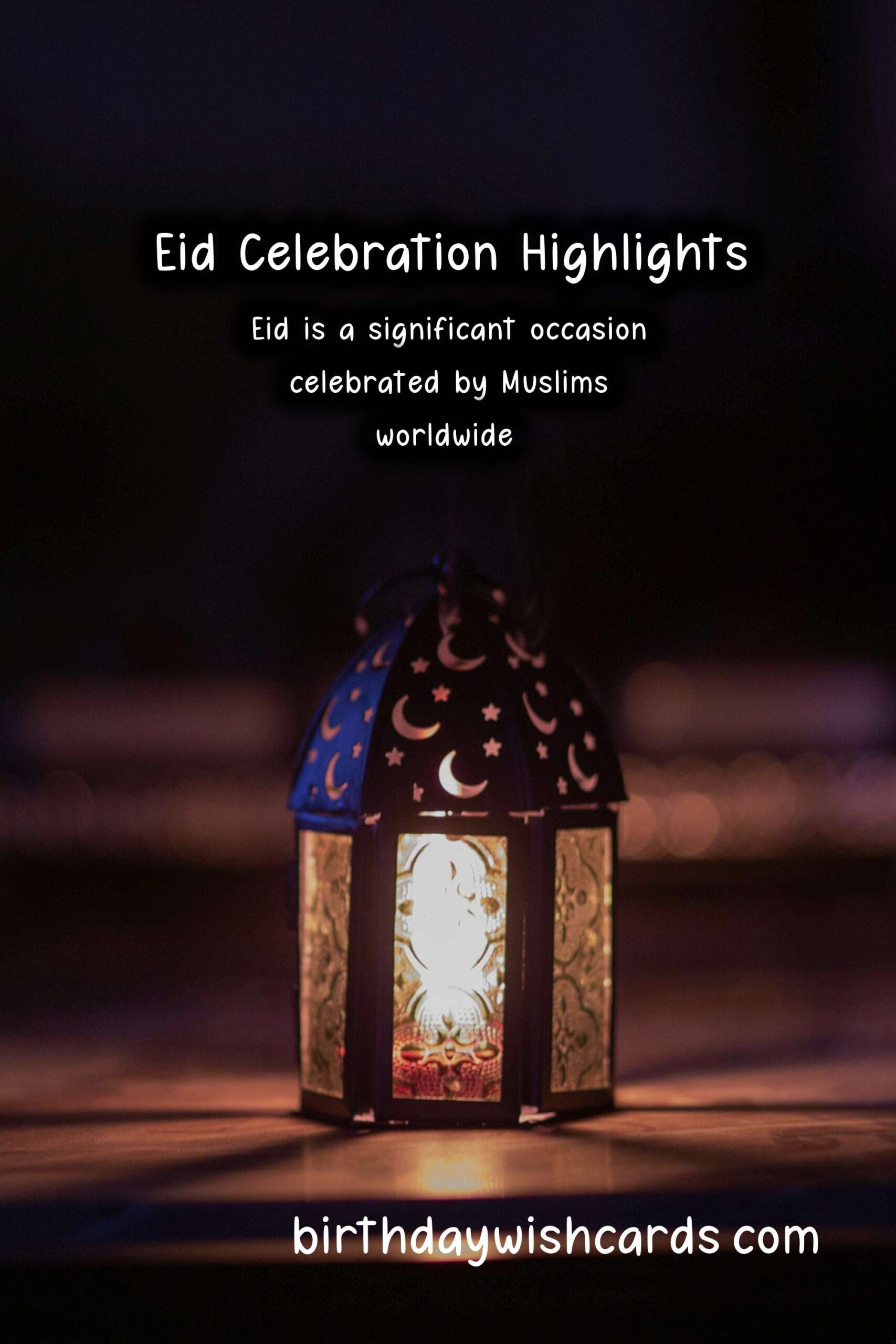

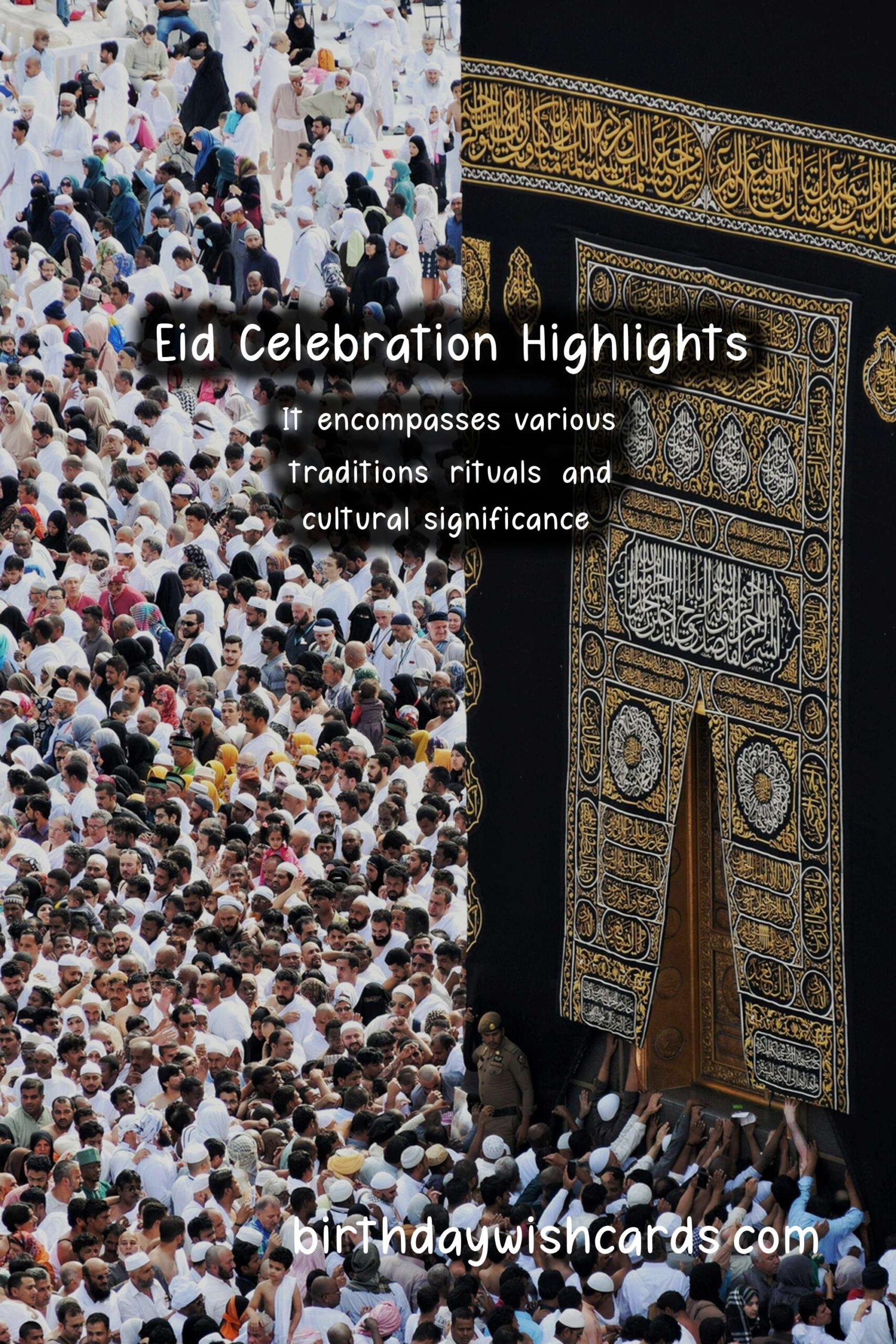
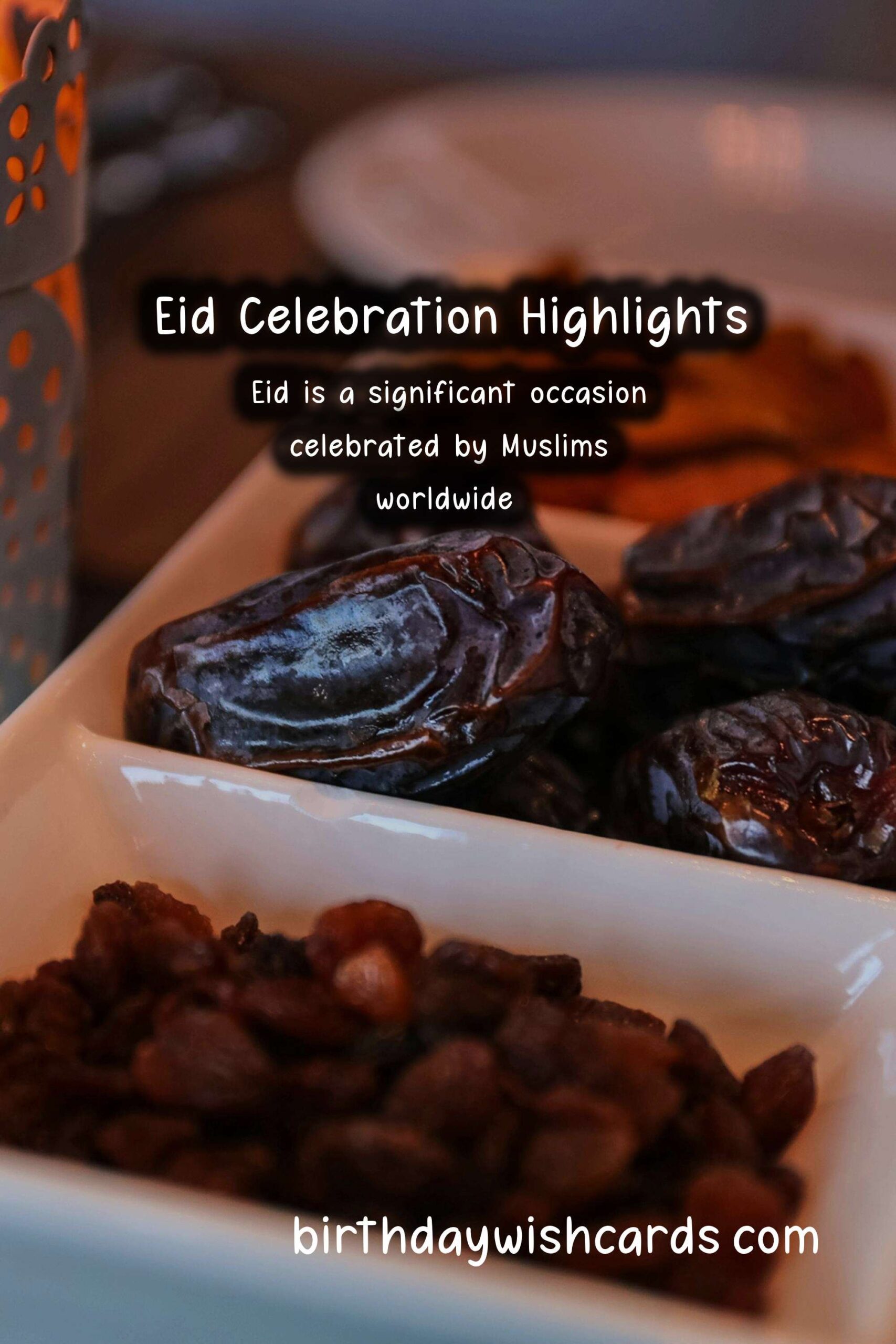
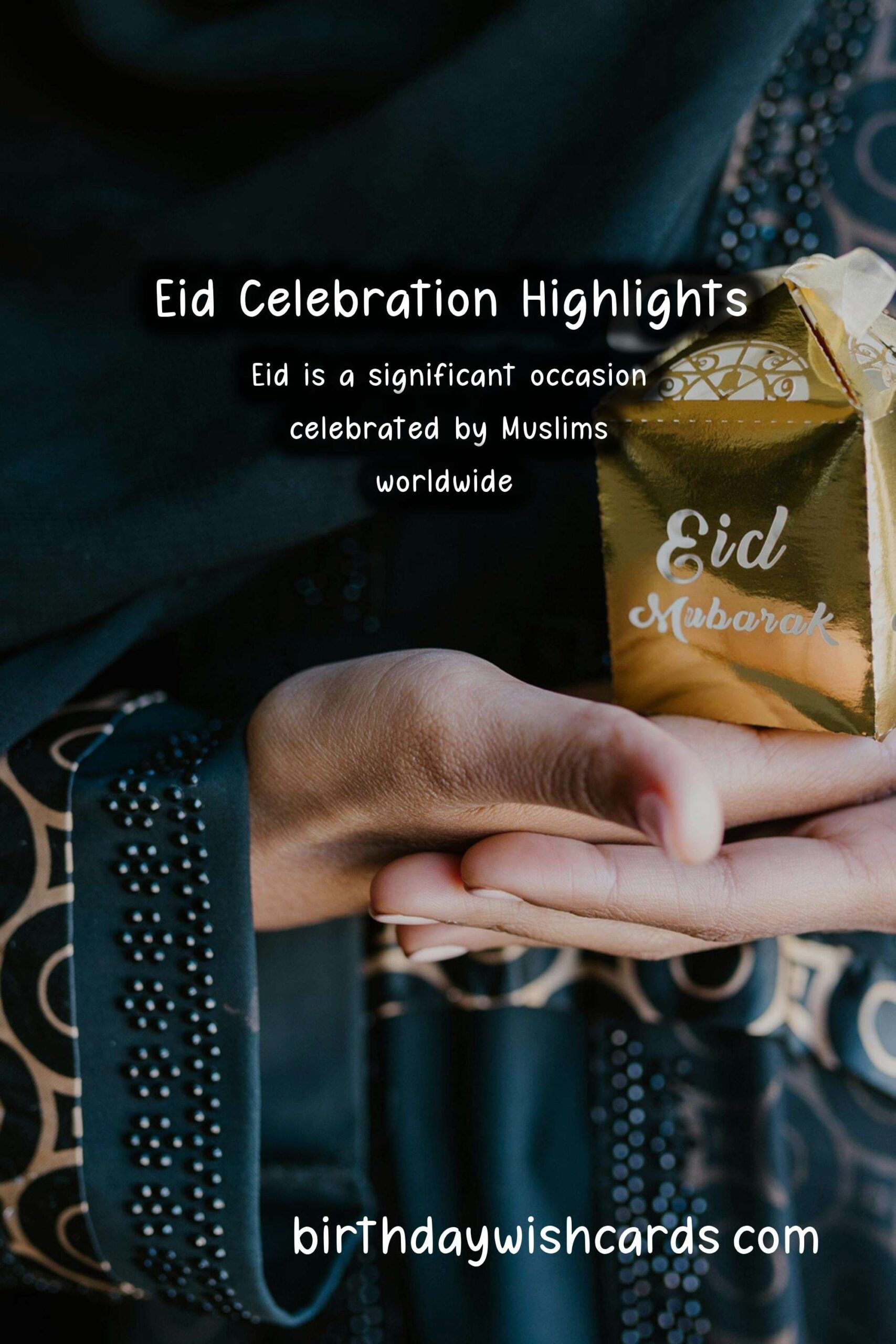
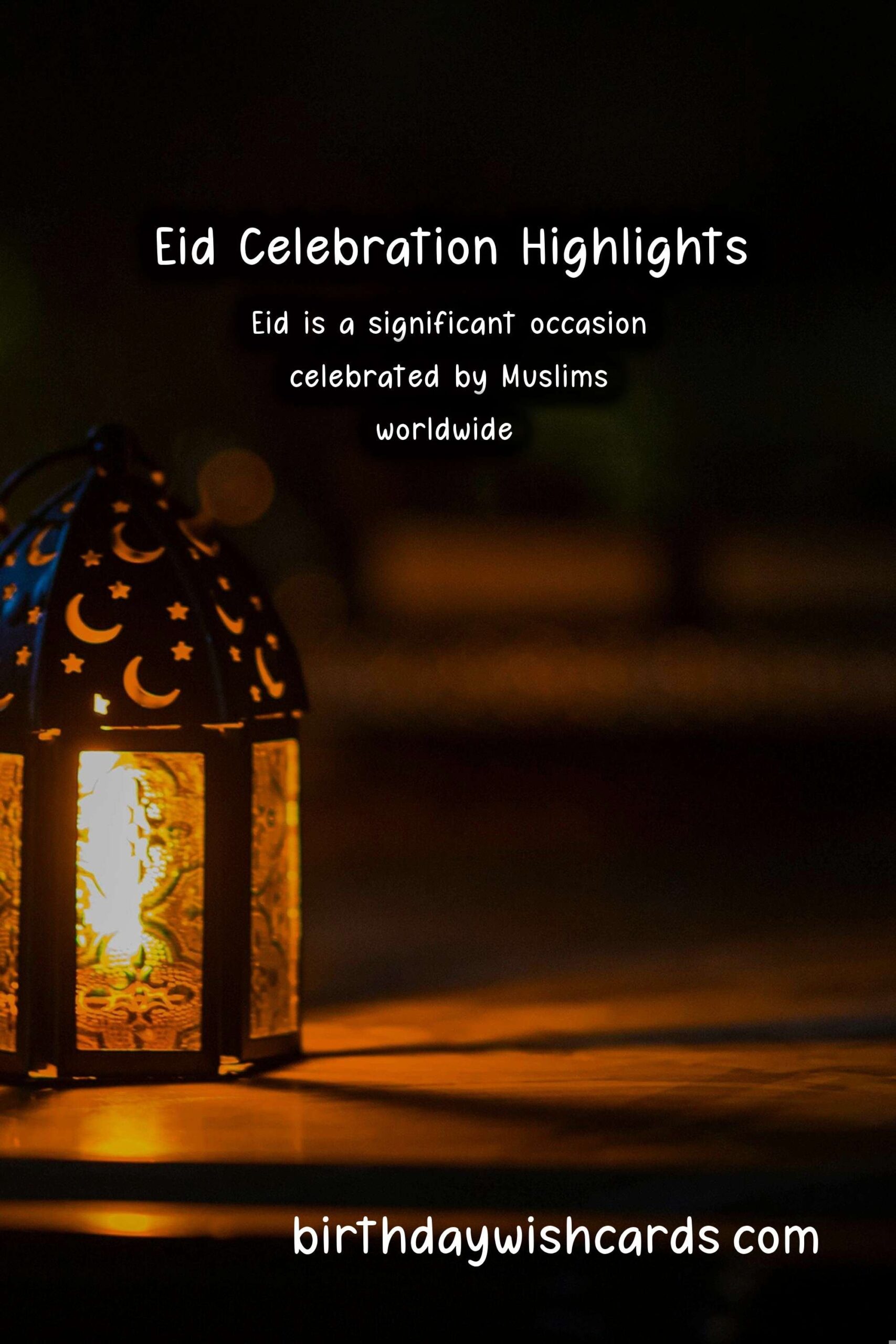


#Eid #EidMubarak







